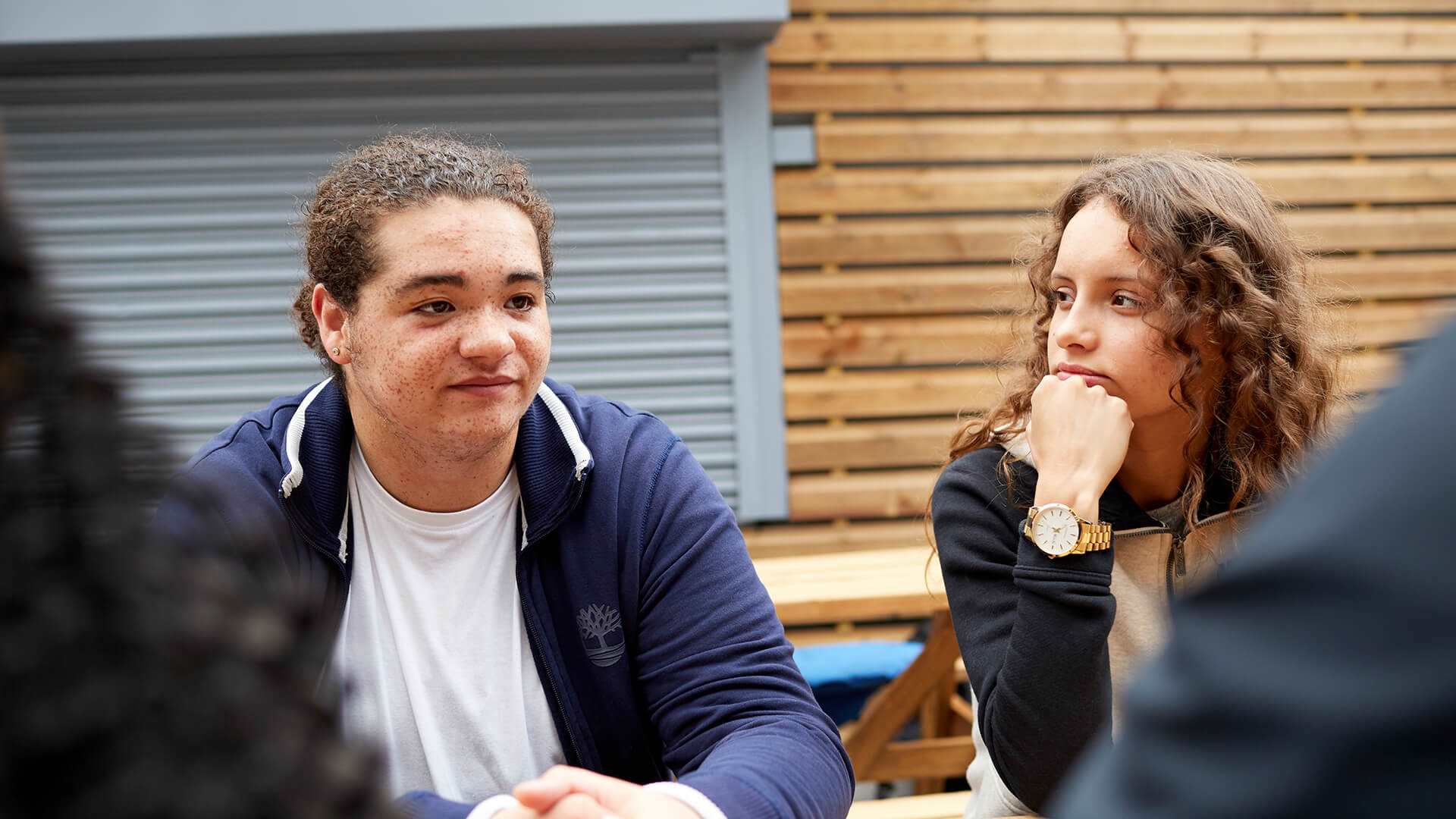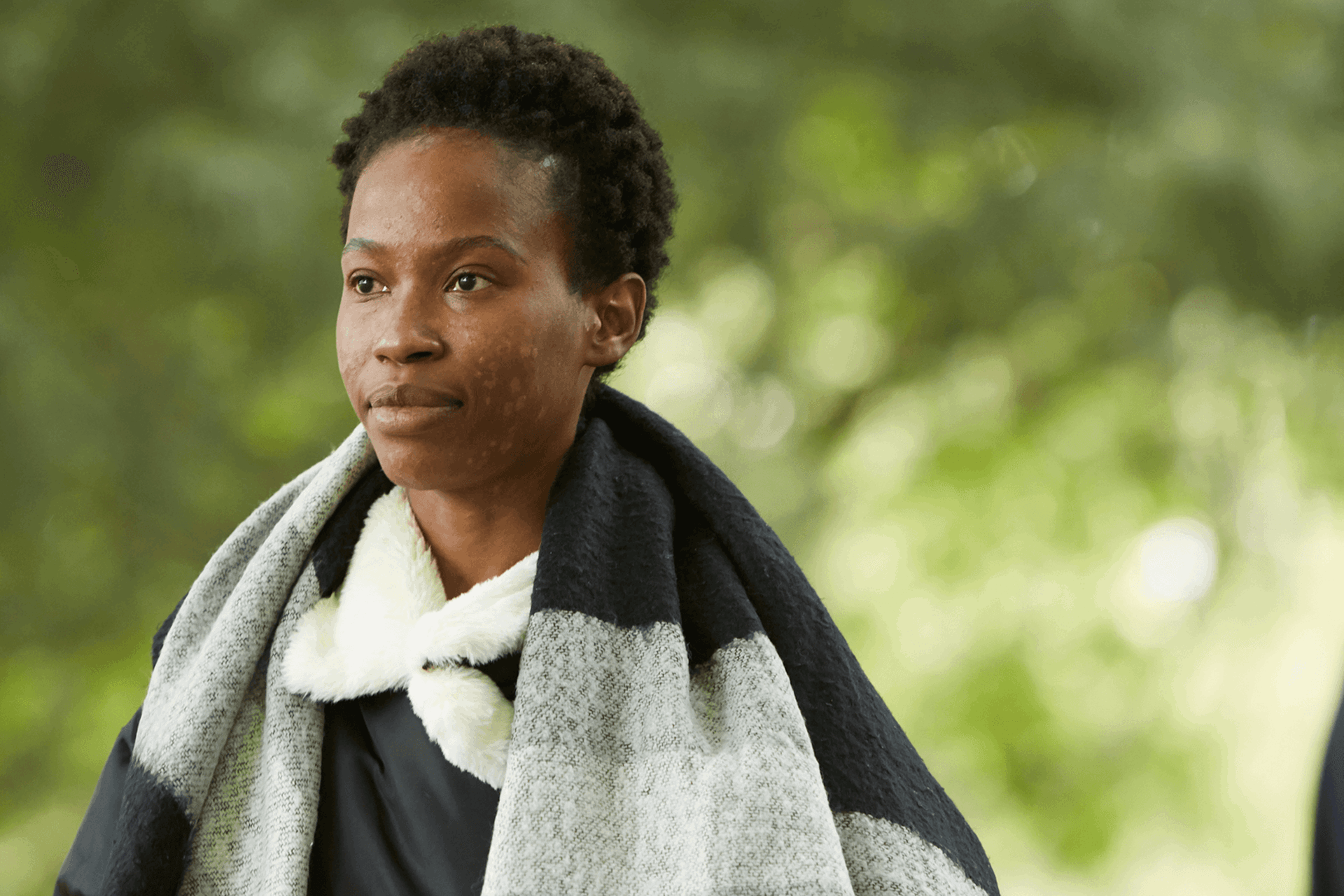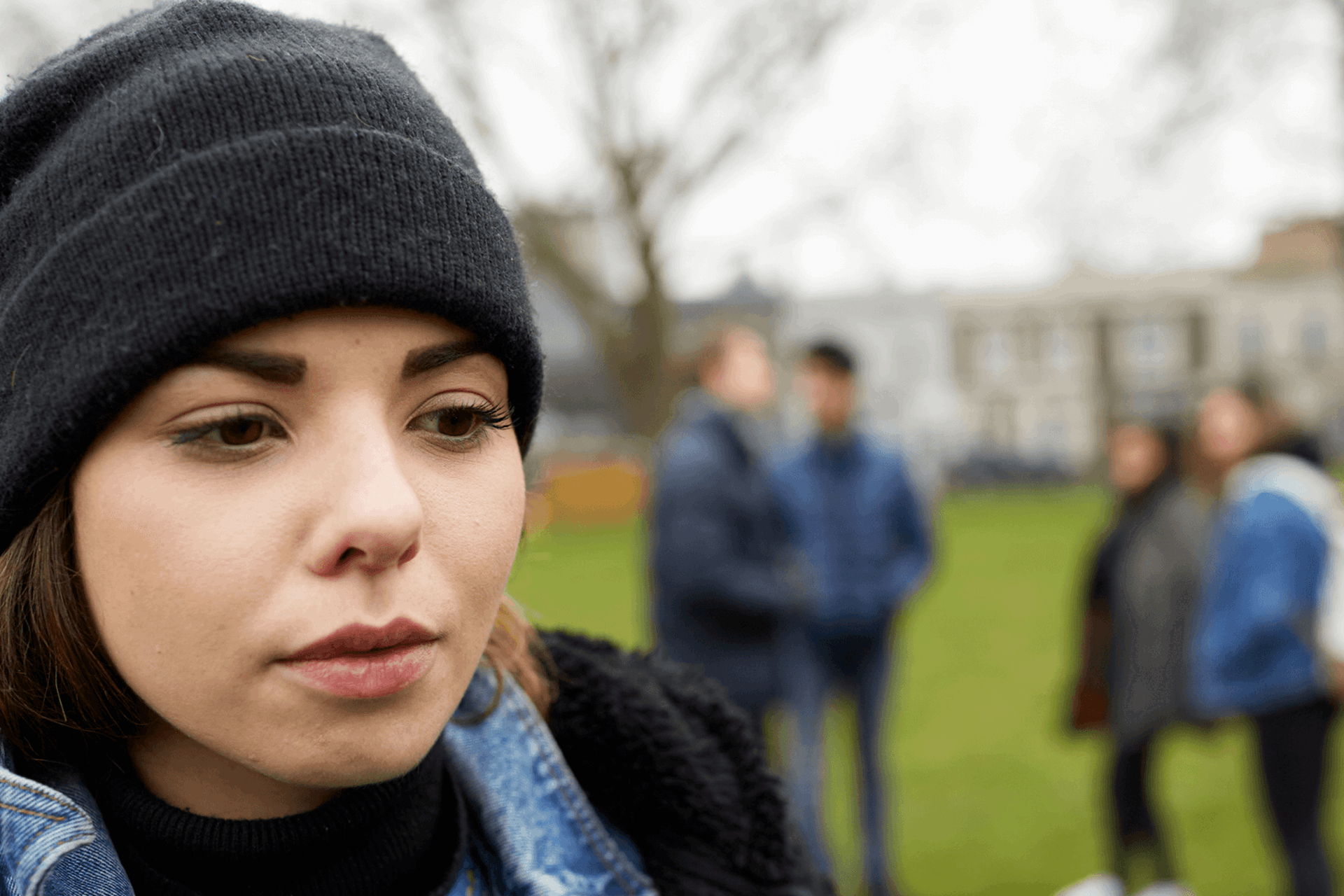Topics mentioned: phobia, eating problems, anxiety
About: Emetophobia is an extreme fear of vomiting and can affect people in lots of different ways. Laura, 21, shares her experience and three things she wishes more people knew about emetophobia.
While it’s actually one of the more common phobias, too many people still don’t understand what it is.
For as long as I can remember, I have had a difficult relationship with food. Some of my earliest memories are of avoiding or rejecting certain foods. But this wasn’t something I fully understood for a long time, because nothing I heard about disordered eating resonated with me.
I spent a long time thinking I was the only one experiencing this mystery type of anxiety and, from the ages of about eight to 16, it dominated my life. I couldn’t understand why I was so scared of food, or why I was convinced that eating certain things would make me sick, and I started to resent myself for feeling this way.
At the time, I was also a competitive athlete, so I was trying my best to eat enough, while simultaneously feeling like every bite sent panic through me. It was exhausting.
I couldn’t understand why I was so scared of food, or why I was convinced that eating certain things would make me sick.
Three things I wish people knew about emetophobia
I now know that I was suffering from emetophobia – a fear of vomiting. While it’s actually one of the more common phobias, too many people still don’t understand what it is and how it impacts the lives of those affected by it.
I’m sharing the three things I wish people knew about emetophobia, from my own lived experience, because better support for those who are suffering begins with better understanding…
Unfortunately, when I’ve tried to open up to people about my emetophobia in the past, I’ve often been met with: “Well, nobody likes being sick.” And while that’s probably true, a phobia goes much deeper than that.
For me, the difference between a phobia and a dislike is genuine fear. I accepted that most people didn’t enjoy being sick, but they weren’t spending every waking moment of every day overanalysing stomach sensations, limiting food intake and panicking that it might happen at any time.
I’ve often been met with: 'Well, nobody likes being sick.' And while that’s probably true, a phobia goes much deeper than that.
That was when I realised something wasn’t quite right, and it gave me a greater appreciation for just how traumatising a phobia of any kind can be. Phobias are so much more than disliking something and, for people with emetophobia, anything from seeing, hearing or just thinking about vomit can be extremely triggering.
All phobias are anxiety-inducing and can be very unpleasant, even life limiting. What makes emetophobia slightly different from a lot of phobias, though, is that you can’t really avoid it.
When seeking help for my phobia, a lot of the advice I came across focussed on avoiding the object of your phobia until you feel like you have the tools to cope and can gradually work your way up to facing it head on.
The problem here is that you can’t avoid vomiting. You often can’t see it coming far in advance or predict it and prepare for it. You can’t avoid it in conversation, on the television or in books. For me it was a permanent risk, keeping me constantly on edge and hyper-aware of the feelings in my stomach, just in case.
I often said no to things I really wanted to do because of emetophobia.
I could never relax because I never felt like I was a safe distance away from the panic-inducing scenario. I couldn’t hide from the sensations in my body, especially if I was feeling low or struggling - it felt like I was being forced to face my fear every single day. This was exhausting and it also made me quite unpredictable at times.
I would cancel or back out of things at the last minute because I’d convinced myself I was going to vomit. I often said no to things I really wanted to do because of emetophobia. I isolated myself, limited myself and, in particular, avoided social gatherings such as parties, and watching TV shows I hadn’t seen before, for fear of encountering vomit.
Another question I’m often met with is: “why are you so scared of something that can’t hurt you?” And, while it’s true that vomiting is usually harmless, I wish more people understood the genuine impact emetophobia can have on people.
Most phobias aren’t logic-based and even though I knew vomiting would never cause me any harm, I still worried about it just as much. For me, the fear was never about whether I’d be in danger, or even whether it was a sign that I was ill. It was entirely about the experience itself and how much my brain had magnified that to be the worst thing in the world.
I remember saying to my mum once that I would rather die than be sick, and I think that speaks volumes. Fear doesn’t care about logic, and that’s one of the hardest parts.
My recovery from emetophobia
I was 15 when I finally discovered emetophobia on the internet. It felt as if a door had been opened to a whole community of people and resources that understood. Two years later, I found a great therapist and made significant progress with my phobia.
Now, at 21, I can confidently and proudly say that I no longer suffer from emetophobia. It has been a long journey to get to where I am now, and I’m still working hard to reintroduce new foods into my diet that I’d shut out for so long, but it has been worth it.
One of the biggest challenges for me was not knowing what I was going through and feeling like an outsider because of how limited I was by my phobia. I think raising awareness is the best way to help more people with emetophobia feel less alone.
One of the biggest challenges for me was not knowing what I was going through and feeling like an outsider.
Since being more open about my journey with emetophobia on social media, I’ve connected with a lot of people who understand my story. Although they are in the minority, I’ve also encountered people who aren’t so understanding, no matter how much I try to explain my experience.
I hope that my story can help fellow emetophobia warriors feel less alone, and educate others on the reality of this awful phobia, so that you can start those difficult conversations and work together to find things that help.
More information and advice
We have tips and advice to help you find the support you need. Take a look at our guides.
Where to get help
However you're feeling, there are people who can help you if you are struggling. Here are some services that can support you.
-
Triumph Over Phobia (Top UK)
Runs a network of local self-help groups for anyone aged 16+ who has a phobia, OCD or an anxiety disorder.
-
No Panic
Supports people struggling with panic attacks, phobias, obsessive compulsive disorder (OCD) and other anxiety-related issues - and provides support and information for their carers.
Call 01952 680835 for a recorded breathing exercise to help you through a panic attack (available 24/7).
- Opening times:
- 10am - 10pm, 365 days a year






